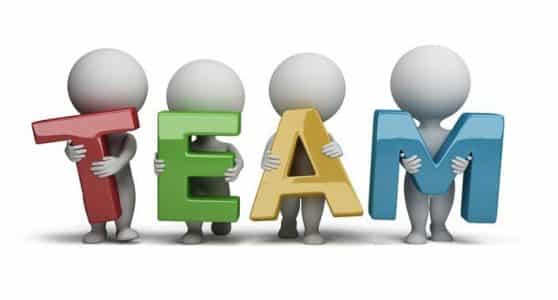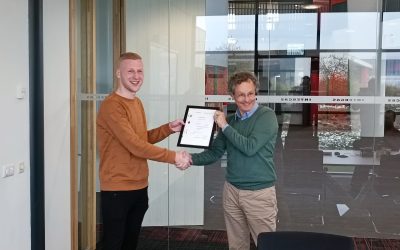The benefits of Lean for Dutch municipalities
The services provided by Dutch municipalities are under a magnifying glass. Municipalities are not only faced with the task of reducing costs, but also have to deal with decentralization as well as with citizens who are demanding more and more from their services.
Better quality, faster service and more transparency, for example, as well as more efficient spending of public money. All of these things combined are driving municipalities to take a close look at their processes. Not for nothing is process improvement a hot topic at municipalities. But what can Dutch municipalities achieve if they get started with this? Where are the challenges? And how does it work?
Smarter way of working, different mindset
Faster and better service through shorter turnaround time. Strong error reduction. And through better control of workflows, less workload. That is what many municipalities are striving for. This requires a smarter way of working, as well as a different mindset. Perhaps the following is recognizable. The process of applying for a permit has a statutory deadline: within six weeks, the permit must be granted or denied. Many municipalities first lean back; after all, the six weeks have only just begun and as long as they stay within that time frame, all is well. What they don’t realize is that it takes more time and effort to work this way, than to work directly with the application. Just think about it: if something goes wrong somewhere in the process, there is soon a chance that the six-week deadline will be exceeded. Research shows that in thirty or forty percent of cases, things do not go right the first time. In short, the chances of increasing the workload in this way are very high.
The right people together
When municipalities recognize that things can – or no, must – be done differently, process improvement through Lean or Continuous Improvement is the solution. In order to structurally implement smarter work, systematically eliminate errors from the process at an early stage and shorten the lead time of the process, tools are needed. Lean provides those tools. Every process begins with the separate screening of (problematic) processes. These can be internal processes, but also processes for which the citizen actually comes to the counter. In most of these processes, each person involved has only a small stake. The first goal is to bring all those roles together – just until a common picture emerges, all involved have an understanding of the whole process, and everyone sees the need to improve the process. In short, the first goal is to bring together the right people in the organization.

Shaping and implementing the ideal process
The next step is to analyze the process together. This involves questions such as: ‘What kind of forms are used in this process, and how easy are they to fill out?’ ‘How easily can errors occur and what is needed to make sure things go right the first time?’ ‘How can we simplify the process so that errors are not noticed only at the end?’ ‘What other problems sometimes occur?’ ‘And what measures can we come up with so that we don’t have to deal with them again in the new process?’ By answering such questions, the ideal process slowly takes shape, after which it can be implemented.
Better cooperation, better service
The result of this Lean approach for municipalities is not only that processes are improved, they can work faster and more transparently, and they can save costs. Better cooperation between different departments is also a big win. Thinking in “we” instead of “they” and knowing from each other what you are doing lowers the workload and increases job satisfaction. Improved cooperation also leads to quality services that are citizen-centered.
Improvement as the core activity of the organization
In addition, the Lean process gives reason to make process improvement a regular part of daily work. This applies per department – what did we want to achieve today and did we succeed, how can we go the extra mile tomorrow – but certainly also to the whole organization. What goals does the MT want the entire organization to achieve within a set time frame? Although Lean always starts with improving processes that people are currently affected by, its higher goal is to make process improvement continuous. Municipalities that see Lean not as a one-time improvement project, but as a core activity of the entire organization, are preparing for the future.
Practical experiences various municipalities
This blog was written by Senior Consultant Jeroen Bos. Want to know more? Read experiences from the municipality of Wierden, the municipality of Almere or the municipality of Rijssen-Holten.
Latest news/blogs
From Theory to Practice: Junior Consultant at Stoneridge
From theory to practice: Junior Consultant at Stoneridge Before working at Symbol,...
Optimize Quality Management with AI Tools
Optimize quality management with AI tools In the modern business environment,...
The Netherlands’ youngest Black Belt speaks
A ideal is not yet not a solutionEmiel recently gave a training session on the...


